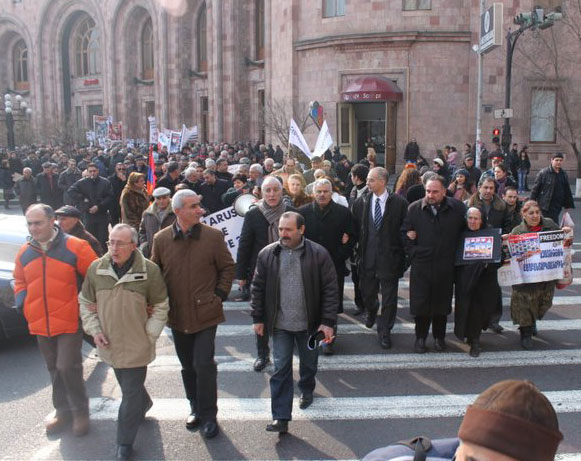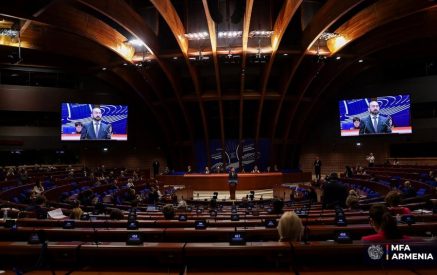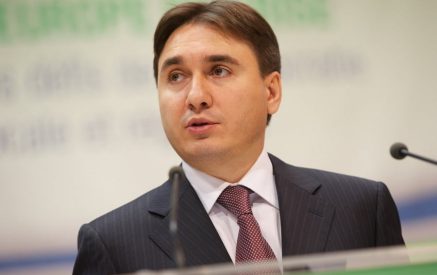Yesterday the PACE defined the term “political prisoner.” Then the Assembly asked the member states of the Council of Europe to use the definition in legal assessments. Let us mention that the rapporteur was Christoph Strässer, a member of the Committee on Legal Affairs and Human Rights, and the notion of political prisoners was elaborated by the independent experts of the Council of Europe Secretary General.
The PACE defined the term “political prisoner” as follows, “A person deprived of his or her personal liberty is to be regarded as a ‘political prisoner’:
a. if the detention has been imposed in violation of one of the fundamental guarantees set out in the European Convention on Human Rights and its Protocols (ECHR), in particular freedom of thought, conscience and religion, freedom of expression and information, freedom of assembly and association;
Read also
b. if the detention has been imposed for purely political reasons without connection to any offence;
c. if, for political motives, the length of the detention or its conditions are clearly out of proportion to the offence the person has been found guilty of or is suspected of;
d. if, for political motives, he or she is detained in a discriminatory manner as compared to other persons; or,
e. if the detention is the result of proceedings which were clearly unfair and this appears to be connected with political motives of the authorities.”
The Assembly adds that those deprived of their personal liberty for terrorist crimes shall not be considered political prisoners if they have been prosecuted and sentenced for such crimes according to national legislation and the European Convention on Human Rights.
After the definition was adopted, the Assembly urged the member states to reassess cases of alleged political prisoners. www.aravot.am inquired of Vardan Harutyunyan, the director of the Center for Freedom and Rights, whether after the definition had been adopted by the PACE, the situation in the Republic of Armenia would change and whether there were political prisoners in our country in accordance with that definition. He replied, “If the PACE is consistent, which I cannot say about them, since they change their positions from time to time, given the political situation, some change is possible. And in this definition, as well as during all the discussions on the Republic of Armenia before that, it was stressed that there were political prisoners in the Republic of Armenia, particularly since 2008. For example, Armenian National Congress (ANC) activist Tigran Arakelyan and other youths are obviously persecuted for their political views. The organization just has to be consistent in its notions and definitions.”
Answering the question whether the Armenian government would reconsider its policy after the definition had been adopted, Mr. Harutyunyan said, “The international organizations and the country’s human rights organizations should make our government reconsider its policy. Its activities at least in the past four years have shown that it gives in, when forced or pressured. The release of the political prisoners in 2008 is an example of that. There have been definitions lots of times; the only definition is that political prisoners are persons who are arrested for their political views. Every organization can change the rest a bit, but the essence will be the same. The political prisoners in our country correspond to these definitions.”
Tatev HARUTYUNYAN























































